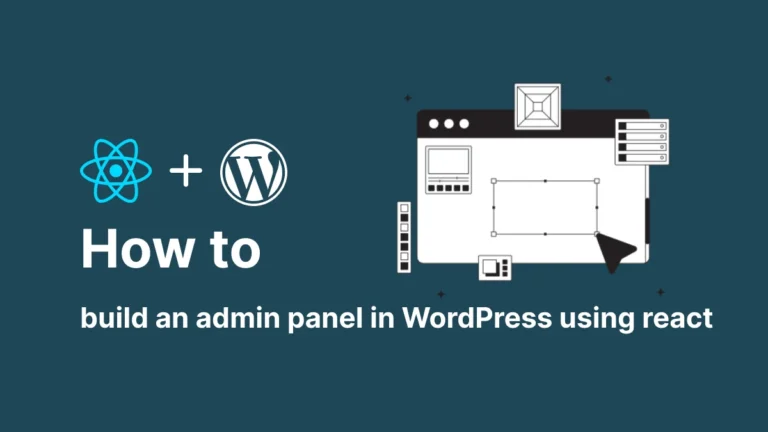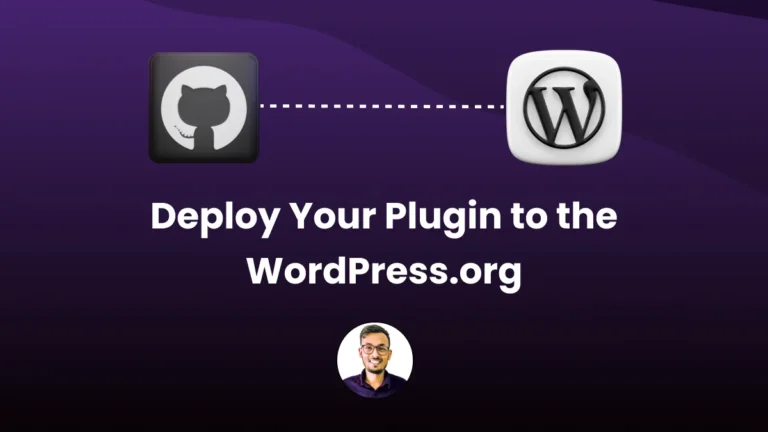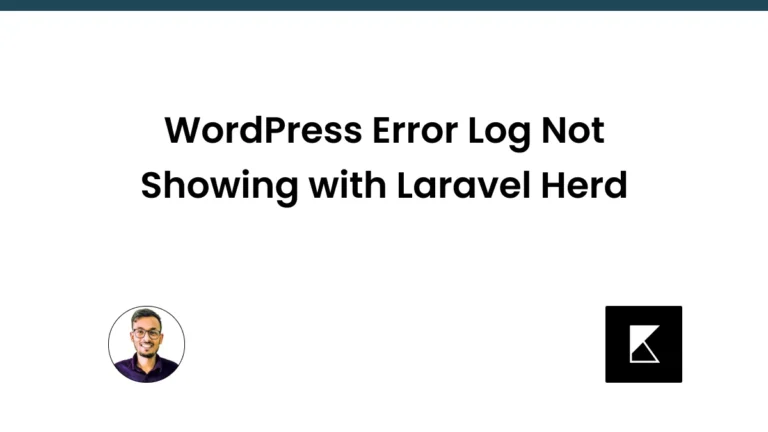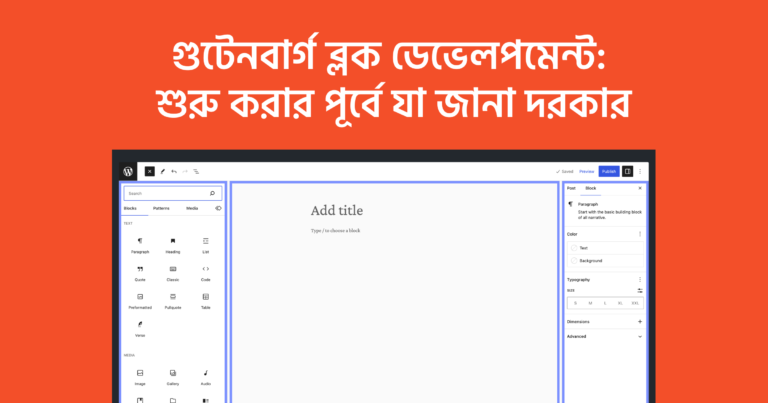Using Composer With WordPress
Composer is a dependency manager for PHP, widely used in modern web development for managing libraries and dependencies efficiently. When working with WordPress, Composer can streamline your development workflow, manage plugins and themes as dependencies, and ensure version control across your projects. Here’s how you can use Composer with WordPress:
1. Install Composer
First, you need to install Composer on your system. You can download and install it from getcomposer.org.
2. Initialize Composer in Your Project
Navigate to your WordPress project directory and run the following command to initialize Composer:
composer initThis command will prompt you to set up your composer.json file, where you’ll specify the project’s dependencies.
3. Add WordPress Core as a Dependency
You can manage the WordPress core files using Composer. Add the following to your composer.json:
{
"require": {
"johnpbloch/wordpress": "^5.8"
},
"extra": {
"wordpress-install-dir": "wp"
}
}This configuration installs WordPress into the wp directory.
4. Manage Plugins and Themes
You can add plugins and themes as dependencies in your composer.json file. For example, to add the popular Contact Form 7 plugin:
{
"require": {
"vendor/contact-form-7": "^5.4"
}
}Using Packagist, a repository that mirrors the WordPress plugin and theme directories, you can easily include plugins and themes.
5. Autoload Custom Classes
Composer can autoload your custom PHP classes, making it easier to manage your code. Add the autoload section to your composer.json:
{
"autoload": {
"psr-4": {
"MyNamespace\\": "src/"
}
}
}Run composer dump-autoload to generate the autoload files.
6. Install and Update Dependencies
After setting up your composer.json, run:
composer installThis command installs all the dependencies listed in your composer.json. To update them, use:
composer update7. Use Environment-Specific Configurations
You can use Composer to manage environment-specific configurations, such as development or production settings. This ensures consistency across different environments.
Example:
{
"require-dev": {
"phpunit/phpunit": "^9.5"
}
}Conclusion
Using Composer with WordPress enhances your development workflow, providing better dependency management and version control. It allows you to easily manage WordPress core, plugins, and themes, ensuring a consistent environment across different projects. By integrating Composer into your WordPress projects, you can streamline development and focus more on building robust, feature-rich websites.
For more detailed information and advanced usage, refer to the official Composer documentation and Packagist.
I began my WordPress journey in 2013 by editing themes, sparking my passion for web development. By 2016, I had transitioned into a professional WordPress developer role. Over the years, I’ve worked with various companies and on numerous projects, eventually leading development teams and guiding projects from conception to completion. As a WordPress enthusiast, I am dedicated to building innovative solutions and contributing to the WordPress community.





